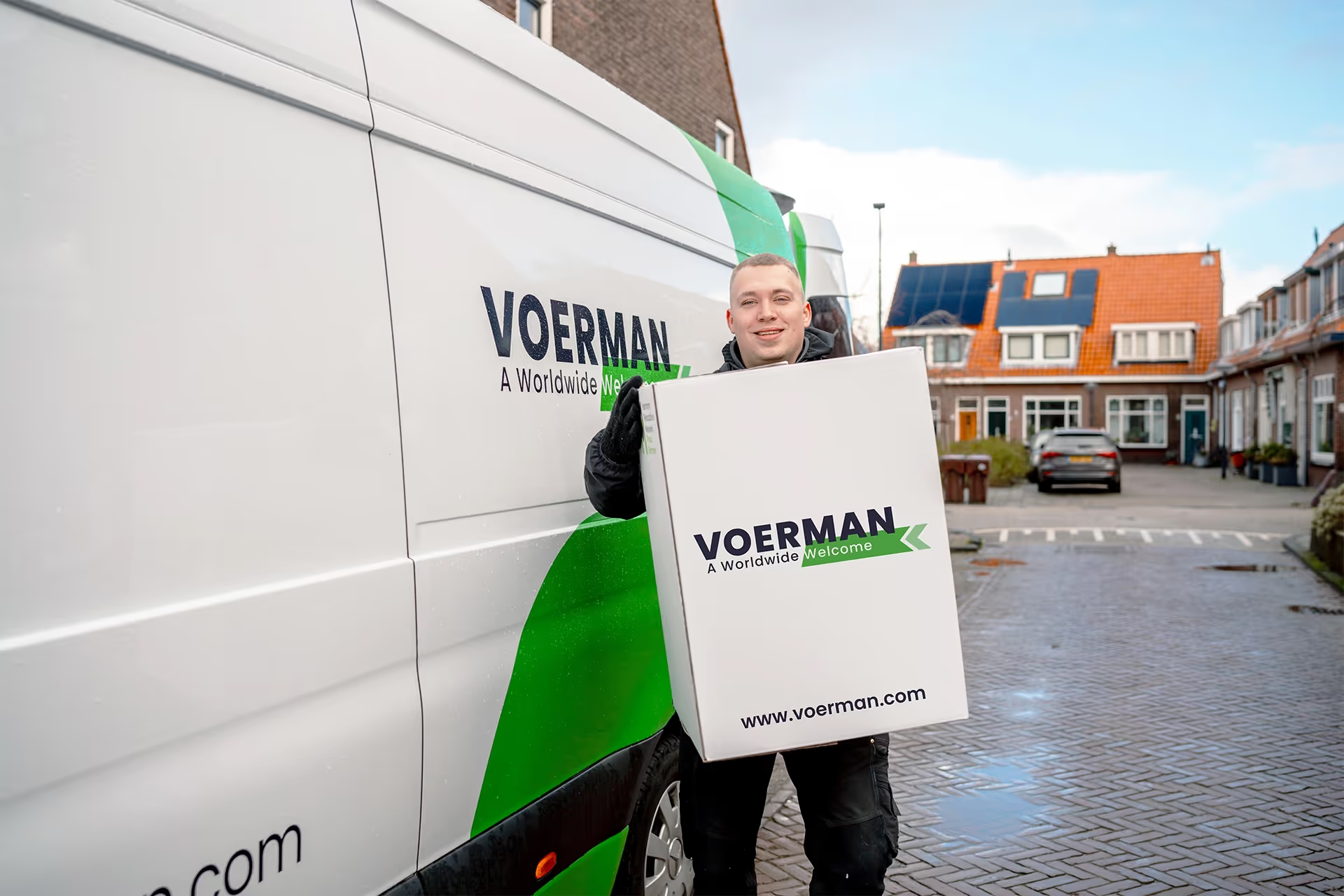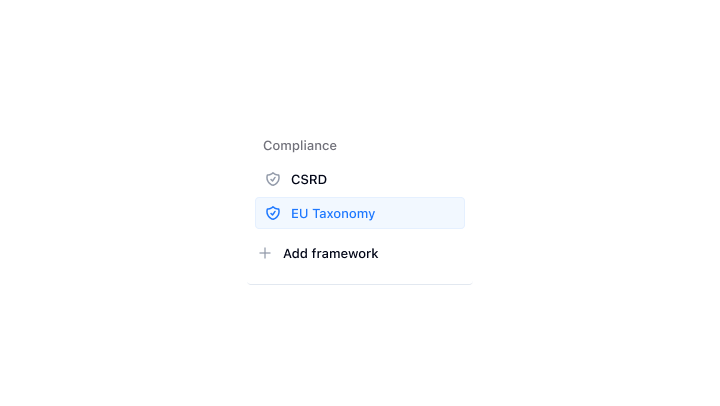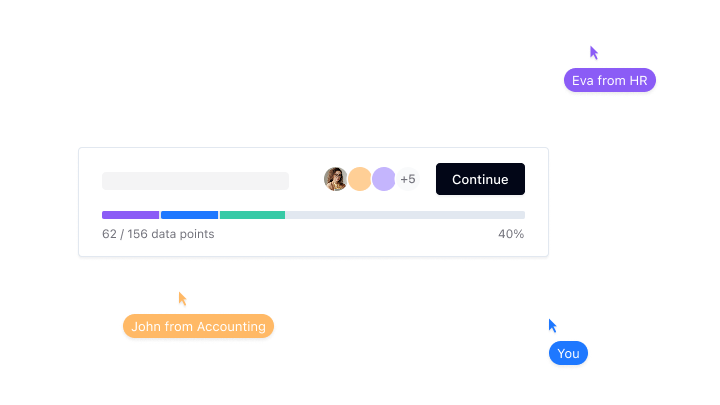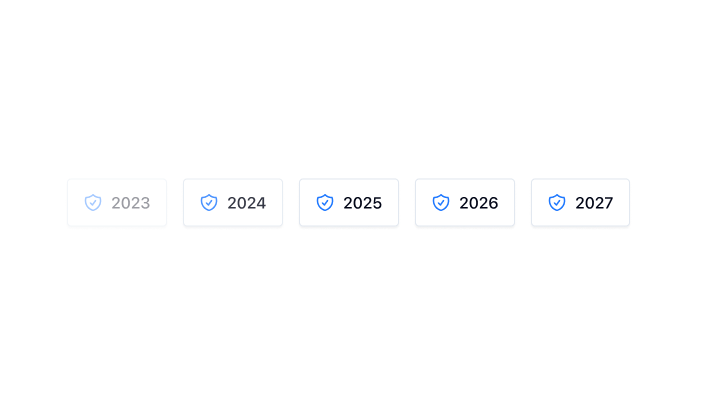A guided path to alignment for mid-market enterprises
Map your business activities, assess Taxonomy alignment, and generate audit-ready reports from one place in the Coolset platform.
.png)






























Trusted by 500+
compliance leaders














Meet the platform
on mobile screens
to experience this demo.
on mobile screens
to experience this demo.
on mobile screens
to experience this demo.
on mobile screens
to experience this demo.
on mobile screens
to experience this demo.
on mobile screens
to experience this demo.
Cut through the complexity and get audit-ready
Coolset transforms complex sustainability data into clear, audit-ready reports to help you stay compliant.








"Coolset is helpful, knowledgeable and a great place to get started on your ESG journey."

Download our RFP guide for ESG software
By submitting this form, you agree to Coolset’s privacy policy, and consent to receive Coolset marketing communications.

The leading ESG platform for mid-market enterprises
Frequently asked
questions
Coolset offers three integrated modules: carbon management, ESG compliance, and supply chain integrity, which can be used separately or combined for a comprehensive approach to sustainability.
These modules provide a suite of tools and features to help businesses manage their carbon emissions effectively, achieve sustainability compliance, and meet environmental, social, and governance (ESG) regulations while managing supplier compliance obligations:
Carbon management: Accurate measurement and reporting of Scope 1-3 emissions measurement with TÜV-certified methodology.
ESG compliance: All-in-one software for streamlined Corporate Sustainability Reporting Directive (CSRD), European Sustainability Reporting Standards (ESRS), EU Taxonomy, and Voluntary SME standards (VSME).
Supply chain integrity: Compliance-first tools for regulations such as the EU Deforestation Regulation (EUDR) and Carbon Border Adjustment Mechanism (CBAM), that double as a catalyst for transparency and resilience - enabling greater transparency, data sharing, and collaboration with suppliers.
Parallel to these core modules, Coolset provides supporting capabilities designed to strengthen their impact and help businesses get even more value from the platform:
Cross-team collaboration: A platform tailored for internal and external collaboration, enabling teams and partners to align on sustainability goals and strategies.
Data collection and visualization: Intuitive dashboards and reports for easy interpretation of carbon data.
Auditable reporting: Accurate and audit-ready ESg reports with guided templates, smart data autofills, and linked supporting evidence to confidently pass internal reviews and external audits.
At Coolset, we see compliance not as a box to tick, but as the foundation for building a better business. Explore these features and more to enhance your sustainability efforts and ensure regulatory and supply chain compliance. Get in touch.
The EU Taxonomy applies primarily to large companies that fall under the Corporate Sustainability Reporting Directive (CSRD), as well as financial market participants offering sustainable investment products.
Under current CSRD thresholds, mid-market companies that meet at least two of the following are required to assess and disclose their alignment with the EU Taxonomy:
- More than 250 employees
- €50+ million in net turnover
- €25+ million in total assets
Since Taxonomy reporting is enforced through CSRD, the Omnibus Proposal may narrow the scope of CSRD and delay timelines for some companies, but it does not change the EU Taxonomy regulation itself.
If Omnibus is adopted, here’s what can change:
- Scope: Many mid-sized companies would no longer be legally required to disclose how much of their revenue, CapEx, and OpEx align with the EU Taxonomy.
- Timeline: EU Taxonomy disclosures could be postponed until 2028 or 2029, depending on company size and type.
For companies still in scope under CSRD, Taxonomy-aligned disclosures remain mandatory. Moreover, voluntary alignment is still strongly encouraged—especially for companies seeking financing, meeting customer ESG requirements, or staying competitive in sustainable procurement.
Eligibility refers to whether an economic activity is listed in the EU Taxonomy. It indicates that the activity falls within the scope of the regulation and must be reported on, but it does not assess its environmental performance.
Alignment means that an eligible activity meets all the EU Taxonomy’s sustainability criteria: it substantially contributes to at least one environmental objective, does no significant harm to the others, and complies with minimum social safeguards.
The EU Taxonomy and CSRD are closely linked. CSRD sets general sustainability reporting requirements, while the EU Taxonomy helps classify which business activities are environmentally sustainable. Companies covered by CSRD must report how much of their revenue, CapEx, and OpEx align with the EU Taxonomy, ensuring auditability, comparability, consistency, and regulatory compliance in sustainability reporting across the EU.
Coolset helps companies meet EU Taxonomy requirements with a guided and structured approach to both eligibility and alignment assessments. The platform provides step-by-step workflows that simplify the complex criteria, including Do No Significant Harm (DNSH) and Minimum Safeguards.
With Coolset, you can:
- Assess which economic activities are eligible under the Taxonomy
- Calculate the share of revenue, CapEx, and OpEx aligned with each activity
- Collect and link the required evidence directly to each disclosure
- Track progress across entities and departments
- Generate audit-ready outputs that align with both Taxonomy and CSRD requirements
We're ISO 27001 certified, using industry-standard encryption protocols, access controls, and continuous monitoring mechanisms to safeguard your information. We adhere to strict privacy policies and comply with relevant data protection regulations to ensure that your data remains confidential and secure. Learn more at trust.coolset.com.
.png)






.avif)
.png)













